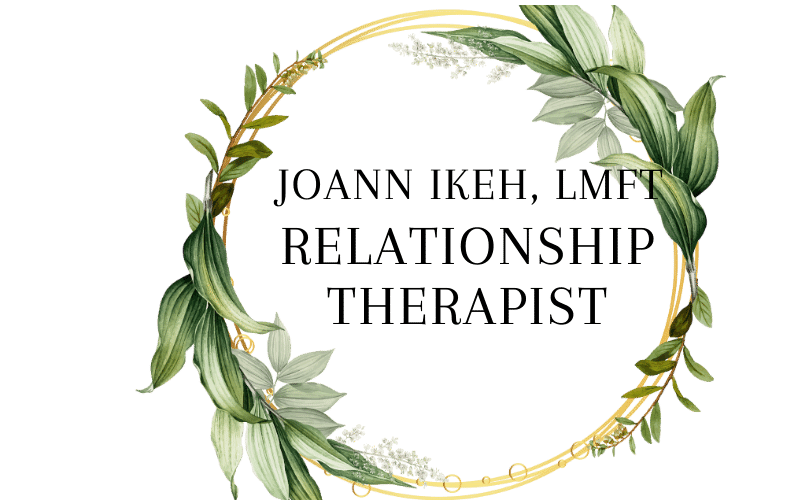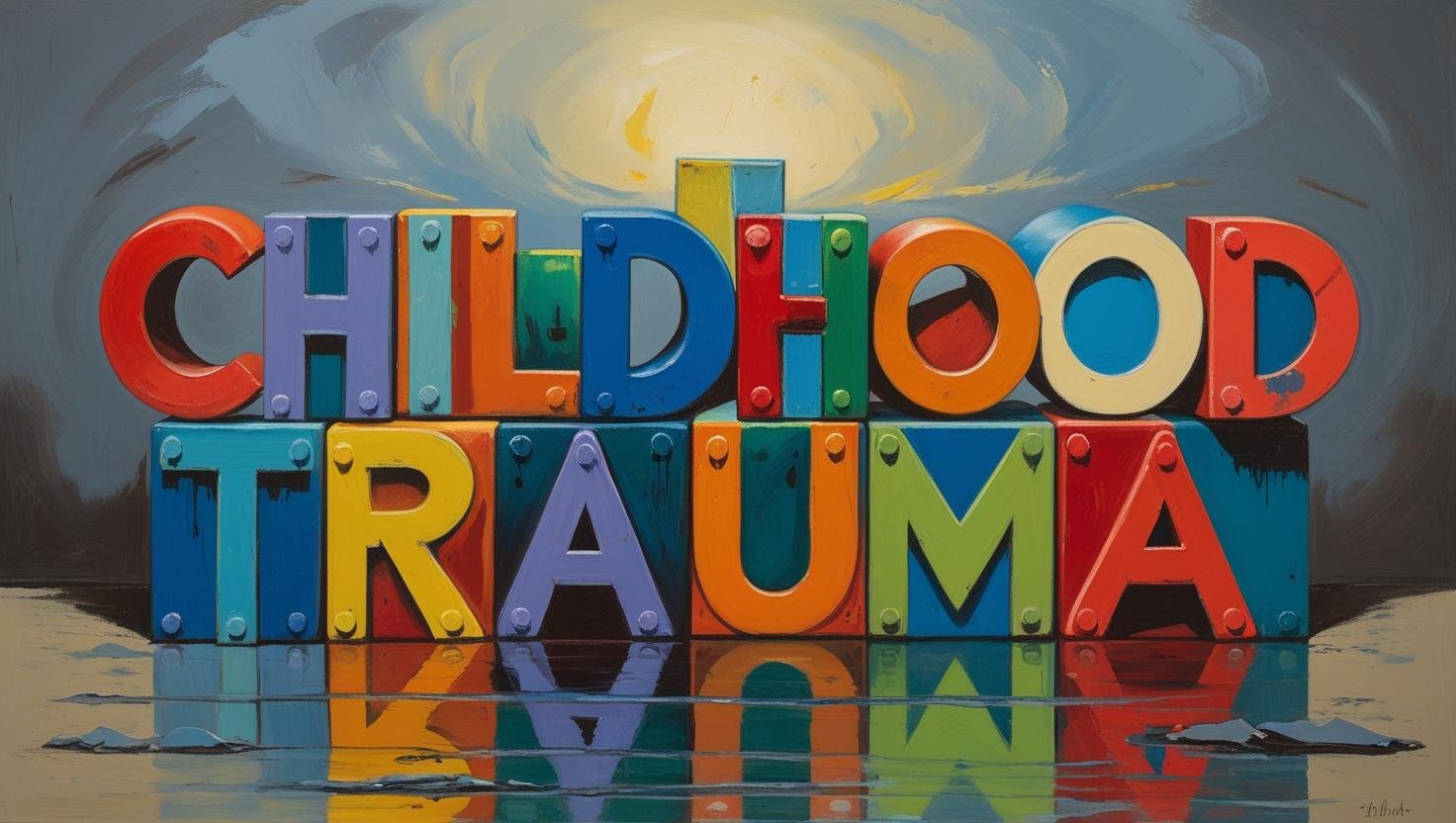How Childhood Trauma Shows Up in Adult Relationships
Childhood trauma doesn’t just disappear with age—it shapes how we see ourselves, others, and the way we connect. From difficulty trusting partners to constant conflict, unresolved trauma from early life often plays out in adult relationships. Using a Relational Life Therapy (RLT) lens, we can understand how these patterns form and, more importantly, how to change them.
What Is Childhood Trauma?
Childhood trauma includes neglect, emotional abuse, inconsistent caregiving, or being raised in a home where love was conditional. Even experiences that may not seem "severe" can be traumatic if they disrupt a child’s sense of safety or worth. The child adapts, often unconsciously, in ways that later affect adult intimacy.
Common Relationship Struggles Rooted in Childhood Trauma
From an RLT perspective, trauma disrupts the ability to maintain relational living. This shows up in several ways:
1. Hyper-Responsibility or Control
Children who had to parent themselves—or their parents—often become controlling in relationships. They feel unsafe unless they’re in charge. In RLT terms, this is a move toward grandiosity, an inflated sense of self used to protect against vulnerability.
2. People-Pleasing and Avoidance
Others swing toward toxic shame, constantly appeasing to avoid conflict or abandonment. They may lose themselves in the relationship and feel resentment later. This passive pattern hides anger, which often leaks out in indirect or self-sabotaging ways.
3. Emotional Reactivity
Unhealed trauma often leaves adults with raw, unprocessed emotions. What feels like a minor disagreement can trigger deep wounds from childhood, leading to disproportionate reactions—stonewalling, yelling, or shutting down.
4. Lack of Boundaries
Growing up in chaotic or boundary-less homes can make it hard to say no or ask for what you need. RLT teaches that healthy relationships require both connection and structure—without boundaries, resentment and dysfunction fester.
How RLT Helps Heal the Impact of Trauma
Relational Life Therapy, developed by Terry Real, emphasizes honesty, compassion, and accountability. It helps clients move from unconscious survival patterns to conscious, loving connection.
1. Naming the Legacy
The first step in RLT is identifying your “relational stance”—your default way of protecting yourself. Whether it’s withdrawal, control, compliance, or criticism, RLT helps you see how these moves were adaptive in childhood but hurtful in adult love.
2. Disarming Toxic Shame
Many trauma survivors carry deep shame. Learning to actively counter this with compassion and validation—without enabling harmful behavior. The goal is not blame, but responsibility: “It’s not your fault, but it is your responsibility.”
3. Bringing in the Functional Adult
In trauma, we often relate from the wounded child or adapted adolescent self. You can learn to center your Functional Adult, who can set boundaries, show up vulnerably, and maintain connection during conflict.
4. Teaching New Skills
Clients learn how to fight fair, express needs clearly, and repair after rupture. With practice, trauma-driven patterns shift toward intimacy and truth.
Signs You May Be in a Trauma-Driven Relational Pattern
You often feel like a child or parent in your romantic relationship.
You either avoid conflict or escalate quickly.
You feel overly responsible for your partner’s emotions—or expect them to manage yours.
You struggle with trust or fear abandonment.
Your reactions feel “bigger” than the situation.
If any of these resonate, your inner child may be driving the relationship bus—and it’s time to invite your adult self to take the wheel.
Final Thoughts: You Can Rewrite Your Relational Legacy
Childhood trauma may have shaped your early beliefs about love, but it doesn't have to define your future. With the help of therapy, you can learn to show up fully, speak your truth with love, and co-create healthy, satisfying partnerships.
Ready to Heal Through Relationship?
As a licensed therapist, I help individuals and couples untangle trauma from intimacy. If you’re ready to break old patterns and build healthier relationships, reach out today.
📞 Joann Ikeh, LMFT
📍 Serving California, Florida, and Virginia
🌐 www.onlinecouplecounseling.com
📧 joannikeh@joannikeh.com
📅 Schedule a Consultation



